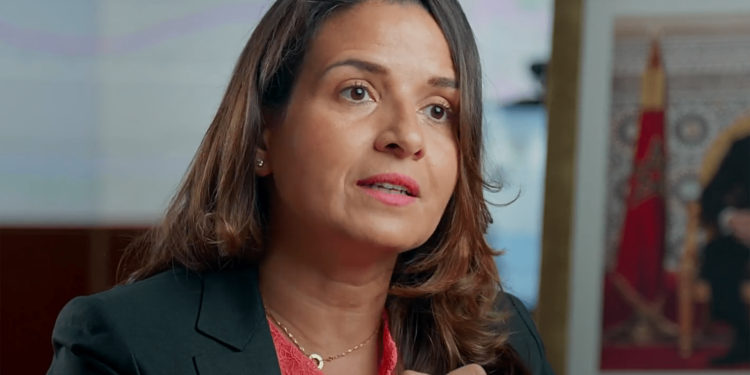Morocco intends to launch an electrical interconnection project with Mauritania within the framework of enhancing cooperation between the two countries.
Moroccan Minister of Energy Transition, Leila Benali, said yesterday evening, Tuesday, in a speech in the House of Representatives (the first chamber of Parliament), that a draft memorandum of understanding has been prepared for the electricity sectors and the integration of renewable energies, which includes an article related to the electrical interconnection project between the two countries.
The minister explained that she would sign the electrical interconnection agreement tomorrow, Thursday, in Rabat, with the Mauritanian Minister of Energy, Mohamed Ould Khaled, on the sidelines of his upcoming visit to Morocco.
According to Benali, the project aims to enhance bilateral cooperation between the two countries.
Mauritania, which ranks among the highest in terms of electricity prices in the region, is seeking to reduce costs by importing energy, including securing some of its electricity needs through interconnection with Morocco.
It is expected that Mauritania will benefit from Morocco’s experience in electrical production, especially as it covers all its regions with electricity, and seeks to produce 52% of its needs through renewable energy by 2030.
Joint projects
One of the most prominent projects that Morocco and Mauritania are seeking to develop is the gas pipeline project, which will connect Nigeria and Morocco through several countries, including Mauritania, with the aim of meeting the gas needs of the European market.
The length of the pipeline is estimated at approximately 5,660 kilometers, and this project will enhance cooperation between the countries concerned, and is considered an important strategic step in strengthening economic relations in the region.
In late 2016, the gas pipeline project was announced as part of an official visit by King Mohammed VI of Morocco to Nigeria. The pipeline will pass through Benin, Togo, Ghana, Ivory Coast, Liberia, and Sierra Leone, in addition to Guinea, Guinea-Bissau, Gambia, Senegal, and Mauritania.
In addition, there is the Atlantic Project, which will enhance trade exchange and economic cooperation between the two countries, and aims to reduce traditional dependence on the Mediterranean and expand the horizons of cooperation with the African coastal countries across the Atlantic Ocean.
In December 2023, the ministers of the African Sahel countries (Mali, Burkina Faso, Chad, Niger, Mauritania) agreed in Marrakesh to establish a national working group in each country to prepare and propose ways to activate an international initiative by Moroccan King Mohammed VI for the Sahel countries to benefit from the Atlantic Ocean. .



